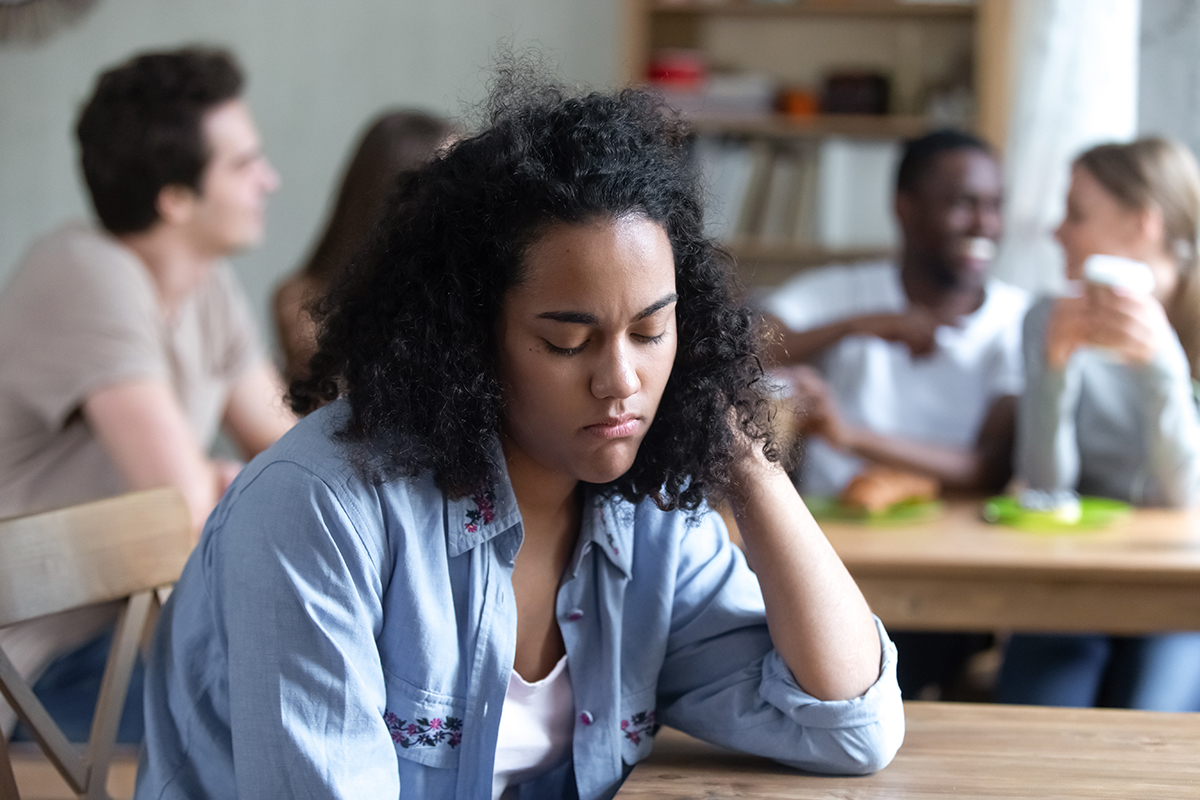Anhedonia and Depression: Definition, Causes and Treatment
Anhedonia is the technical term for a lack of ability to take pleasure in daily life. People who experience this condition often lose interest in previously enjoyable activities. While it does not always signify depression, anhedonia is a core symptom of major depressive disorder. How can you tell if anhedonia is affecting you or someone you care about?
Anhedonia Symptoms
People with social anhedonia may be unenthusiastic about participating in activities such as family reunions or get-togethers with friends. You might become withdrawn or reclusive because you are uncomfortable in public settings and have trouble regulating your emotions or expressions. In situations that are fun and enjoyable for other people, social anhedonia could make it challenging for you to put on a happy face.
Characteristics of physical anhedonia include a loss of pleasure in tactile sensations such as eating or being physically intimate. This type of anhedonia frequently leads to a low libido and a lack of interest in touching or being touched. Some people also have persistent physical symptoms, such as frequently feeling ill.
What Causes Anhedonia?
If you have ongoing negativity toward yourself and others, coupled with a lack of enthusiasm for life’s delights, you may wonder what caused it and where your happiness has gone. Since anhedonia is a side effect of some antidepressants and antipsychotics, you may want to talk to your doctor about adjusting your medications if you are already receiving mental health treatment.
Your risk of developing anhedonia may be higher if depression or schizophrenia run in your family. Other risk factors include:
- Recreational drug use or abuse
- Chronic stress and anxiety
- Trauma
- A history of abuse or neglect
- A severe illness that impacts your quality of life
- An eating disorder
Anhedonia and Depression Diagnosis and Treatment
If it’s been a long time since you found joy, seeking professional help can help you receive an accurate diagnosis of anhedonia so you can begin a treatment plan. To rule out a medical cause of your symptoms, your primary care provider should be your first appointment. If they don’t find any health issues, your next step should be to see a mental health professional. Anhedonia stemming from depression may respond well to customized treatment strategies.
Of course, since depression and anhedonia affect everyone differently, there is no one-size-fits-all solution. It might take some trial and error to find a strategy that helps you learn to manage your anhedonia and depression. However, by being patient and keeping an open mind, you can overcome your anhedonia and depression, regain your happiness and begin working to reclaim your life. Meanwhile, you might also try making specific lifestyle changes to improve your mental health. For example, spending time outside, volunteering and eating specific foods are all-natural, drug-free ways to improve your mood.
How to Get Help for Your Mental Health
If you’re living with anhedonia and depression, your life may feel hopeless. Get back to the things you love and the people who care most about you at Serene Behavioral Health. With our four levels of care, we prioritize structuring treatment that meets your needs, no matter where you are. If you are living with a psychiatric issue, or know someone else who would benefit from treatment, please call us at 949-395-6552 or request help online today.
















